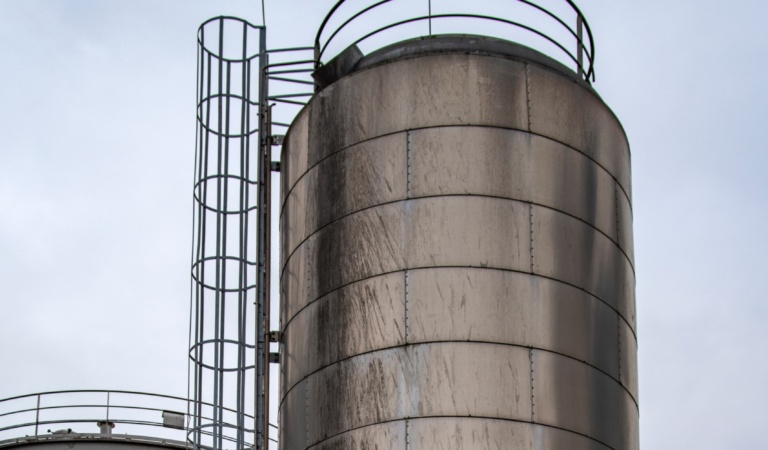 9th September 2022
9th September 2022Does My Water Tank Need Maintaining?
Until it is required, clean water produced by filtering systems is held and stored in water storage tanks. Depending on the requirements of the application, they come in a wide range of designs, sizes, and performance capabilities.
Water storage tanks are essential to many processes in the industrial, commercial, and civic sectors. They’re even used for residential use. That means that selecting, installing, and maintaining the best one is crucial.
And a thorough inspection is necessary to keep a water storage tank in excellent condition.
This article aims to provide an overview of water storage tank maintenance, including why it’s important, some inspection techniques used, and the rules to adhere to.
Why Is Tank Maintenance Important?
A water tank for storage is an asset with value for facilities who invest in one. And much like other essential machinery, it needs regular servicing. Maintaining your water tank properly actually has a lot of advantages.
These are some of the advantages of upkeeping your water tank.
Increased Service Life
Tank inspection and maintenance procedures that are regularly scheduled allow industry experts to spot existing damage and possible sources of it before the minor damage becomes a major problem.
This also lessens the detrimental effect on the tank’s integrity.
Improved Machinery Performance
When problems are found and fixed, the system will perform better overall which is good for your operations and your business as a whole.
Improved Water Quality
The risk of pollution and other adverse effects that could degrade the water quality in potable water tanks is reduced. This is because the problems inside the water storage tank and the linked system are repaired and will begin functioning efficiently again.
Lower Costs for Repairs and Replacements
Equipment damage is reduced by identifying problems early on, such as corrosion or coating delamination. Such early identification reduced the need for pricey repairs and replacements in the future.
Water Storage Tank Inspection Methods
Any servicing procedure must begin with an inspection of the water tank’s state. Wet or dry inspections are both acceptable for water storage tanks.
Licensed specialists must be on hand to drain the tank of all its content before a dry inspection can be conducted. On the other hand, wet examinations are carried out without the need to empty the tank.
Depending on the tank, either an actual disinfectant diver or a remote operated vehicle (ROV) might be used to enter the structure to find any potential problems. At this point, a tank will need to be removed from service for repairs if serious issues are discovered – serious issues such as thinning steel or peeling paint.
No matter what approach is taken, inspection procedures often begin at the bottom and work their way up. From the legs, rods, and struts, and then the ladder and the tank’s base. Steel thickness, the thickness of the paint, and the level of adhesion on the coatings are a few tank conditions to look out for.
Water Storage Tank Maintenance Guidelines
To keep their structural and hygienic integrity, tanks need to be inspected and maintained regularly. The frequency of inspections can vary depending on a number of variables, such as the location of the tank and well as the type and the operational circumstances it’s used for.
Regular tank inspections aren’t just crucial for spotting damages with the actual tank, either. They’re a vital component of a legionella control strategy because they guarantee that the system will not provide the necessary conditions for the bacteria to grow. Because certain conditions are ideal for harbouring Legionella bacteria.
Therefore, regular servicing keeps not only your water system safe but your staff, too by preventing the preferred habitat in which this specific bacterium can grow and multiply.
In fact, for the tank to be compliant with the HSE ACoP L8, regular inspections and microbiological samples are specified requirements of the HSG 274 and BS 8558.
Tank cleaning should be done annually or frequently if deemed necessary to do so. Microbiological samples, internal inspections, and temperature markers should be performed at least every six months.
Get in Touch with Cold Water Storage
Whether you need repairs or installations, Cold Water Storage can help! Our 30 years of knowledge and experience in the water hygiene industry means that we can guarantee a job well done.
Check out more of our services or contact our team today!
You can call us on 01943 872 311 or send an email to info@coldwaterstorage.co.uk. We’ll respond as soon as possible.